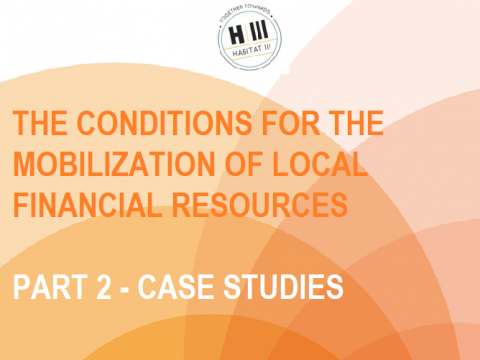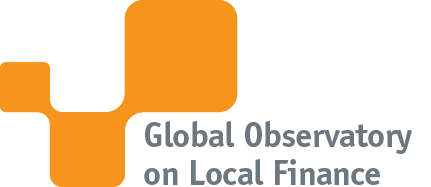
 The conditions for the mobilisation of local resources for sustainable urban development
The conditions for the mobilisation of local resources for sustainable urban development
Case studies
The literature reviews conducted on the three main components of the study have brought out the pillars on which the financial engineering can develop in the most effective way to respond to the challenges of development.
Most of these pillars are exogenous factors, directly linked to the economic and social contexts as well as to the legal and regulatory national frameworks.
Through in-depth analyses in several cities around the world, the second phase of the study will now look at the way local governments make use of this contextual framework, how they develop their financial strategy on this base, and what initiatives they are conducting to mobilize local resources. In this sense, we try to answer the following question:
What local initiatives, built up against the exogenous framework, allow for generating additional long-term resources for local development?
13 cities have been pre-selected so far:
Sousse-Tunisia, Sfax-Tunisia, Marrakech-Morocco, Dakar-Senegal, Addis Ababa-Ethiopia, La Paz-Bolivia, Cusco-Peru, Göteborg-Sweden, Ulan Bator-Mongolia, Muntinlupa-Philippines, Porto Novo-Benin, Baltimore-USA, Cape Town-South Africa













